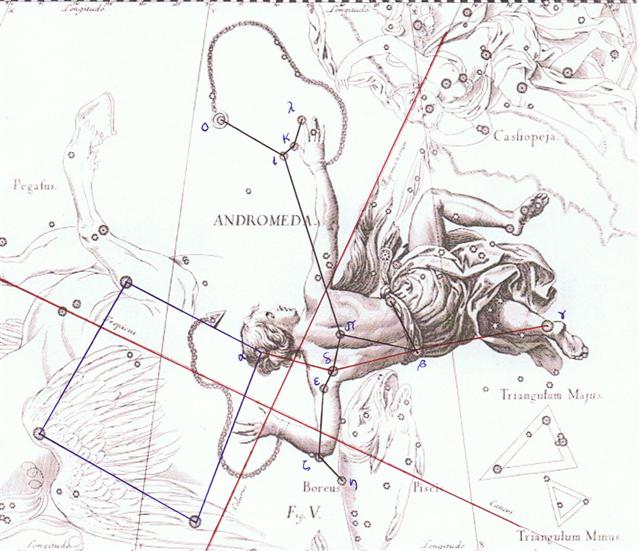Below I have copied how Barthel translated page 1 of the manuscript:

|
E:1 |
|
Those were the noteworthy rulers (? ariki motongi): Oto Uta, Tangaroa A Oto Uta, Tiki Hati A Tangaroa, Roroi A Tiki Hati, Tuu Kuma A Roroi, Ataranga A Tuu Kuma, Harai A Ataranga, Taana A Harai, Matua A Taana, and Hotu A Matua. |
| O maori te ariki nei. etahi te angahuru. |
These ten kings belonged to Maori. |
| ko maori. te ingoa o te kainga. |
Maori was the name of the country. |
| ko marae renga te ingoa. o te maara noho o te ariki.nui. |
Marae Renga was the name of the residence of the great king (ariki nui). |
| ko ma rae tohia te rua maara noho o te ariki. |
Marae Tohia was the second residence of the king. |
Thus these 10 kings were in a land named Maori.
| Maori. Wise teacher; tagata maori rogorogo, person who can recite the signs of the tablets; maori hare, house builder; maori îka, healer expert in treating fight injuries. Name of the country of origin of Hotu Matu'a which he fled with his people following a cataclysm in a land called Hiva. Vanaga. a. Of manual training: dexterity, handy, industry, artisan. b. Of mental training: erudite, finesse, cleverness, adroit, ingenious, intelligent, lucid, sage, sense, science, talent. c. The resultant: memorable, renowned, of good reputation. Tagata maori, carpenter; rima maori, left hand, tae maori, incompetent; maori ke, judicious, sly; maori ke avai, adroit. T Pau.: maori, maohi, indigenous, sure, safe, perfect. Mgv.; maori, belonging to the country, native of the Polynesian race, right hand. Mq.: maoi, native, natural, common, ordinary. Ta.: maori, maóhi, proper name of the indigenous people of Polynesia, native, good, perfect. Churchill. |
And here the Great King had a pair of residences, Marae Renga and Marae Tohia. As I interpret this information the Great King ought to refer to the Sun. His 'residences' (te maara noho) would then correspond to his pair of wives.
| Maara. Flat coastal area usable as landing stage. Vanaga. |
| Noho. 1. To sit, to stay, to remain, to live (somewhere), to wait; ka-noho, you stay! (i.e. 'good-bye', said by the person leaving). 2. Figuratively: he noho te eve, to be calm, at peace; he noho te mana'u, to concentrate on something, to fix one's attention on; ku-noho á te mana'u o te tagata ki ruga ki te aga, the man thinks constantly of his work. Vanaga. Seat, bench, dwelling, marriage, position, posture, situation, session, sojourn; to sit, to dwell, to reside, to rest, to halt, to inhabit; noho hahatu, to sit cross-legged; noho hakahaga, apathy; noho heenua, countryman; noho kaiga, native; noho kenu, married; noho ke noho ke, to change place; noho muri, to stay behind; noho noa, invariable; noho opata, to stand on a cliff; noho pagaha, badly placed; noho pepe, table; noho tahaga, bachelor, unmarried; noho vie, married, noho no, apathy, stay-at-home, colonist, idler, inhabitant, inactive, immobile, settler, lazy, loiterer. Hakanoho, to abolish, to rent, to lease, to enslave, to dissuade, to exclude, to exempt, to install, to substitute, hostage. Hakanohohia, stopped. Nohoga, seat. Nohoturi, to kneel, genuflexion. Nohovaega, to preside. Churchill. |
... Hamiora Pio once spoke as follows to the writer: 'Friend! Let me tell of the offspring of Tangaroa-akiukiu, whose two daughters were Hine-raumati (the Summer Maid - personified form of summer) and Hine-takurua (the Winter Maid - personification of winter), both of whom where taken to wife by the sun ... Now, these women had different homes. Hine-takurua lived with her elder Tangaroa (a sea being - origin and personified form of fish). Her labours were connected with Tangaroa - that is, with fish. Hine-raumati dwelt on land, where she cultivated food products, and attended to the taking of game and forest products, all such things connected with Tane ...


|


